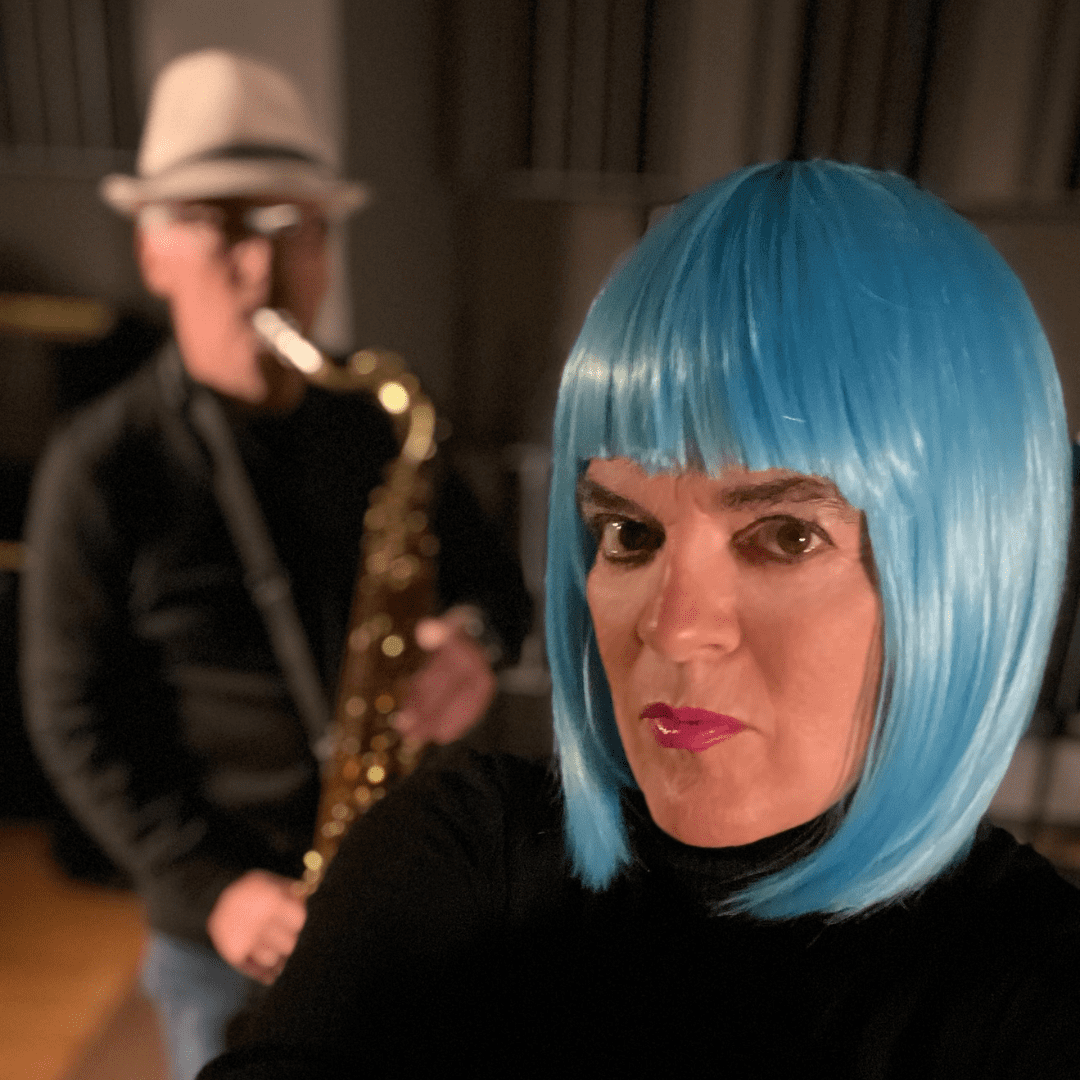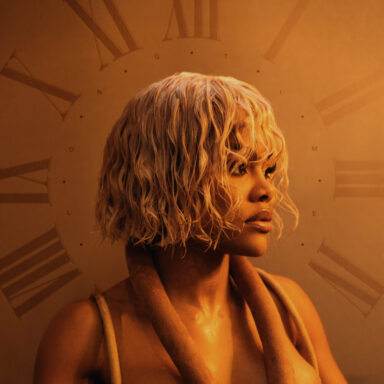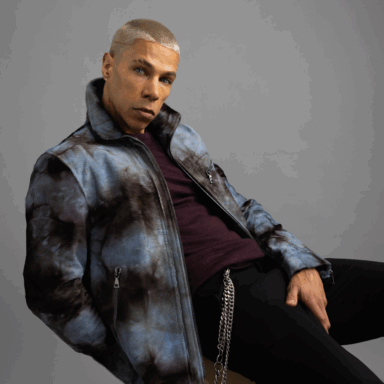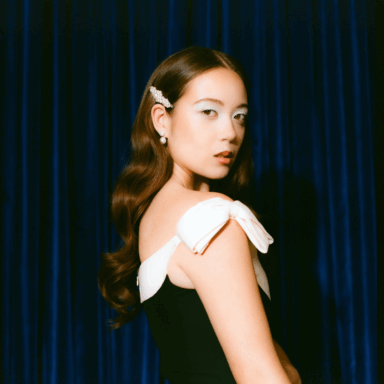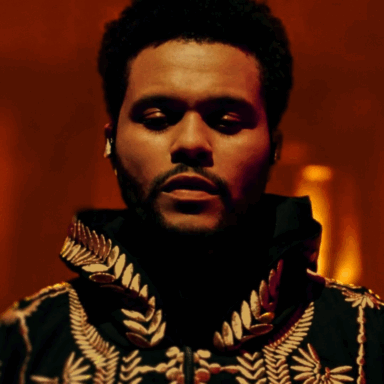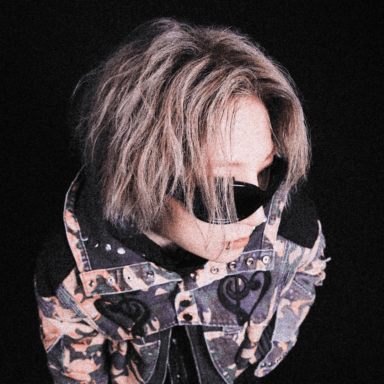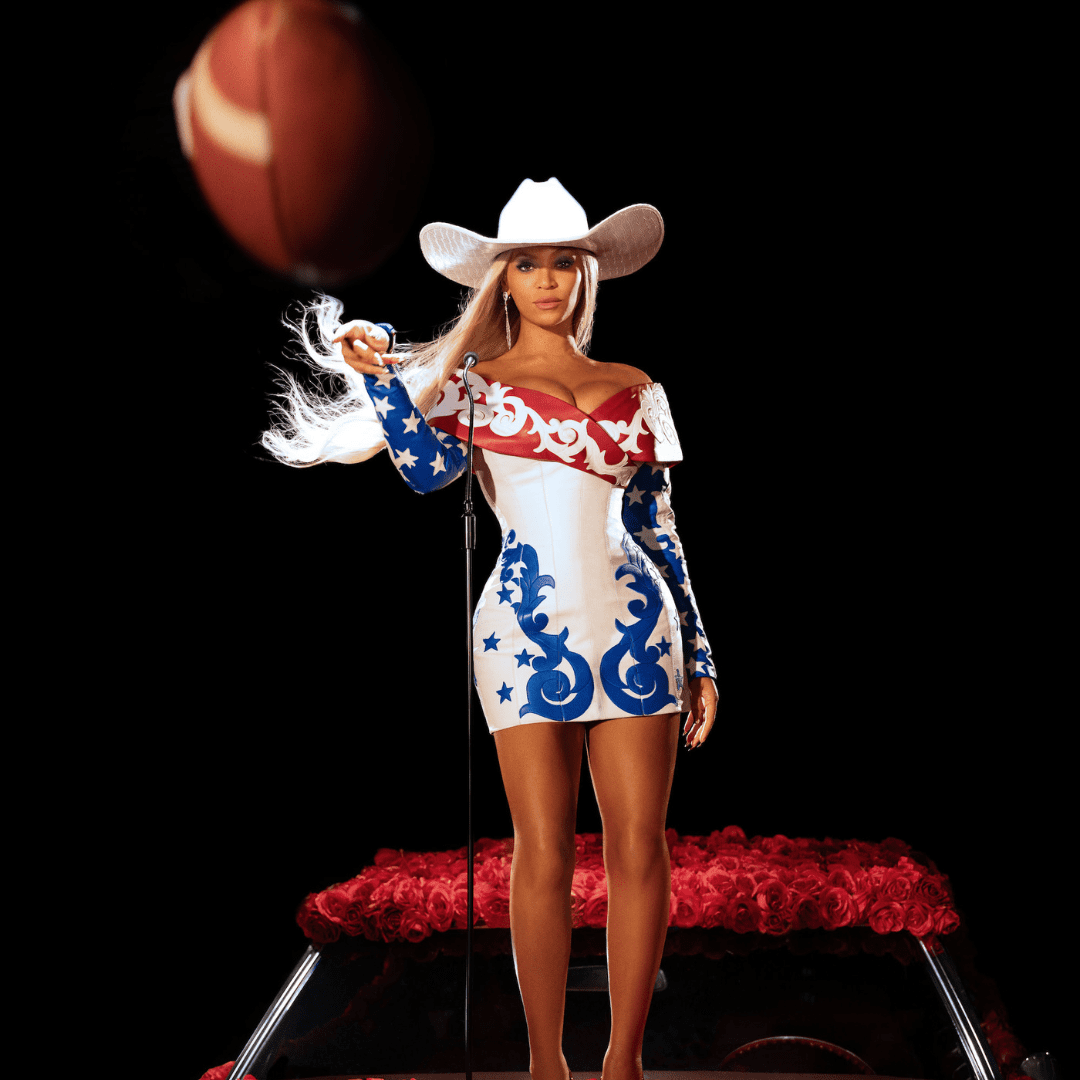Today, we sit down with Chalumeau, the creative duo of Katherine Bergeron and Butch Rovan, to discuss their new single, “No Common Ground.” This politically charged track explores themes of division and the urgent need for connection in today’s world. We dive into the song’s rapid creation, the unique creative process behind it, and how it became the catalyst for their debut album. Join us as we explore their artistic journey and their mission to spark meaningful conversations through music.
What moment or experience inspired the creation of “No Common Ground”?
“No Common Ground” is a song about our divided society, inspired by the disheartening and all-too-common experience of seeing people cancel each other out, failing to recognize each other’s humanity. What is the real effect of this kind of behavior? Since almost everyone has witnessed it at some point in their lives, it seemed important to write about.
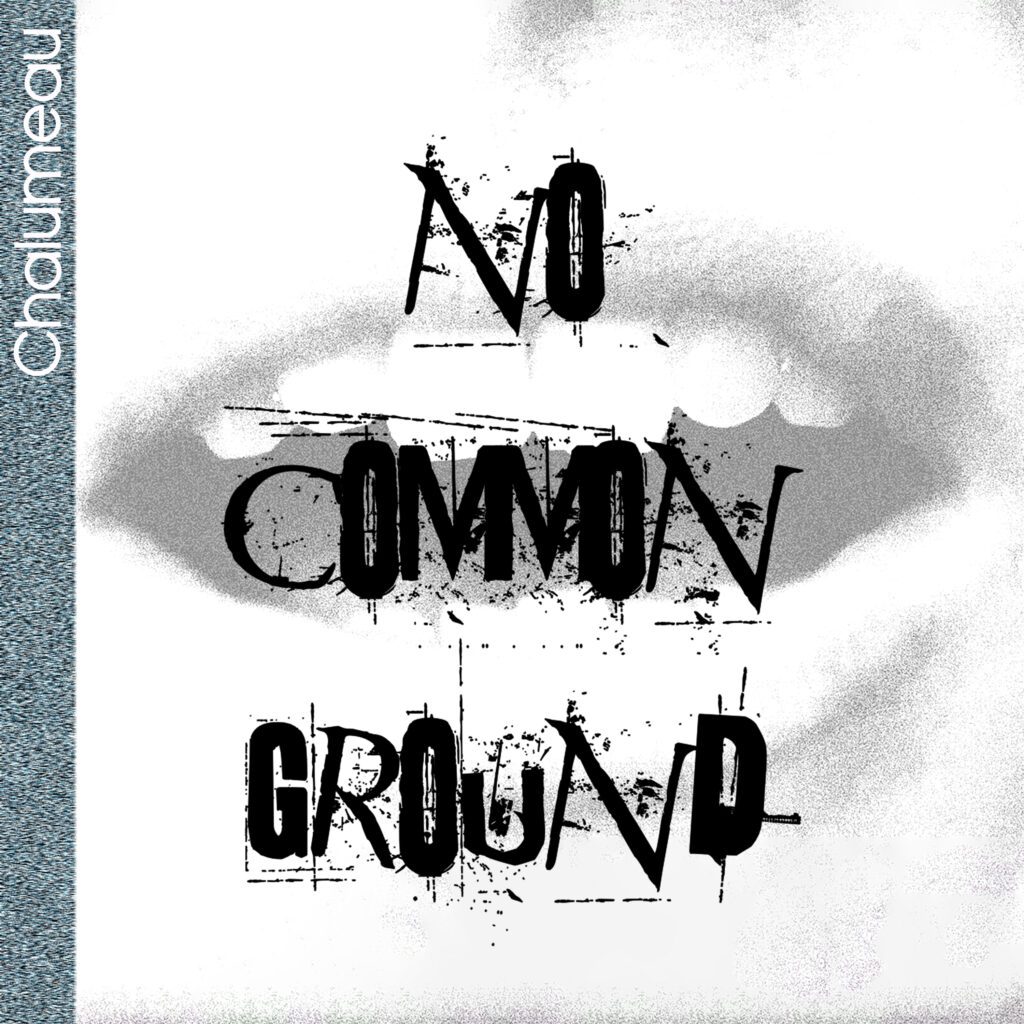
Is there a particular line in “No Common Ground” that stands out to you as the most significant or impactful? Why does it resonate with you personally?
Aside from the song’s title words, which hammer the point home, some of the lines that resonate most for us come from the second verse: “No one listens, no one is heard/ It’s like a Theatre of the Absurd/ The thing you really want to do is shame/ Find a scapegoat to take your blame/ Or to cancel better yet, it’s expedient/ Though it may confuse us about your intent, ‘cause / You say you want Truth to abound/ But for that you need common sense and More Common Ground….”
These lines seem to capture the state of our current political/social/racial/ generational/ideological divide. It’s not exactly something that makes us happy, but it happens to be what we’re living through at the moment. We’re hoping the song can inspire more collective self-reflection, deliberate action, and even change.
You’ve mentioned that the creative process for this song was rapid and instinctual. Can you walk us through how the melody and lyrics came together so quickly?
Well, to walk you through, I’d have to say, first, that the song actually came about while walking — the way most songs come to me. There’s something about the rhythm of walking that creates a flow, or a groove, where words fall into place. The song began with a musical idea for the melody, chord progression, and hook (“No Common Ground”) that ultimately turned into the chorus. This became the anchor point for the verses, which offered a space to talk about some of the things we have seen. There was so much to say; in fact, the verses came out more like spoken word. Here again, the rhythm of walking helped make the rhymes flow.
As a duo, what’s it like to work together creatively? How do your individual strengths as musicians—Katherine’s background in keyboard and vocals, Butch’s expertise in drums, guitar, and sax—complement each other in shaping your sound?
To put it simply, it’s a blast to work together. We are different in many ways, but we think so much alike that we often read each other’s minds….! Our musical collaboration began a long time ago with the rare experience of doing totally free improvisation together. A revelation! From there, it evolved into a whole range of creative work from composition to prose writing to video to songwriting to teaching.
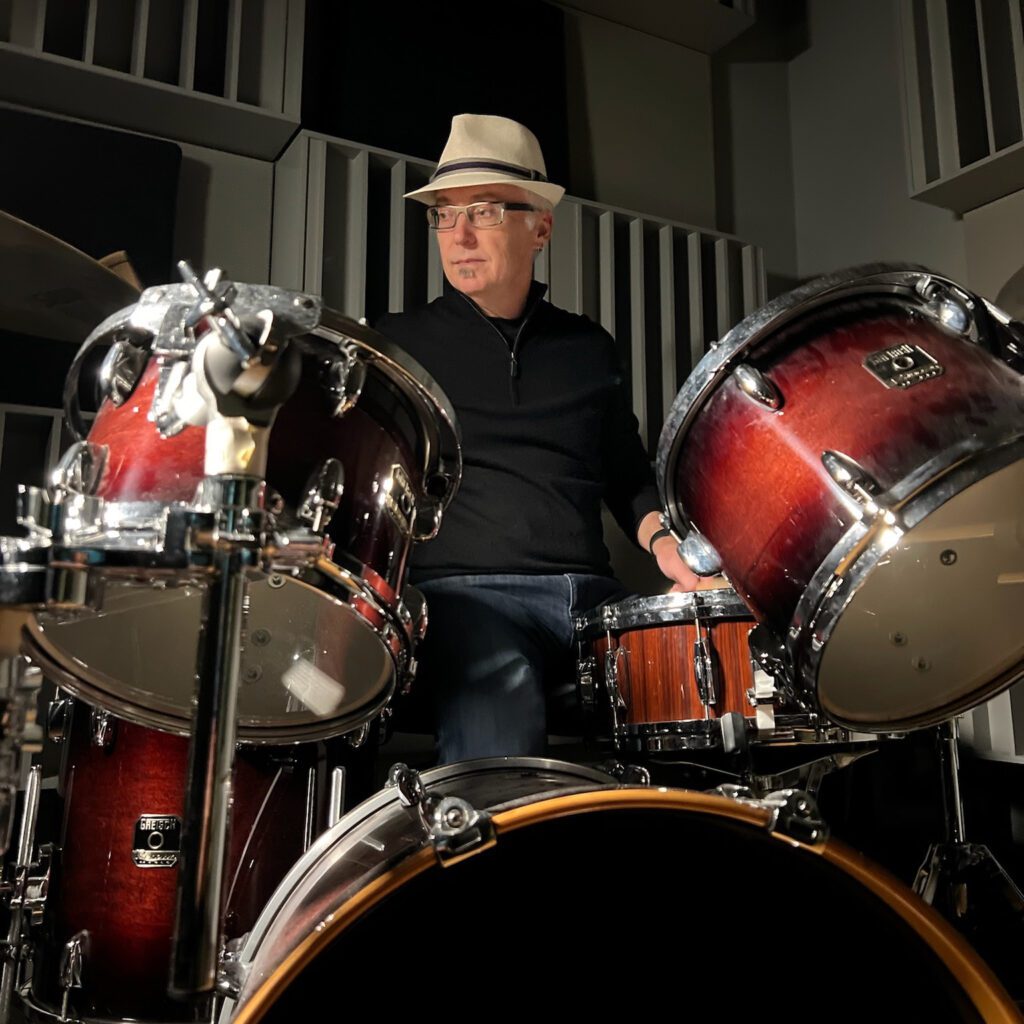
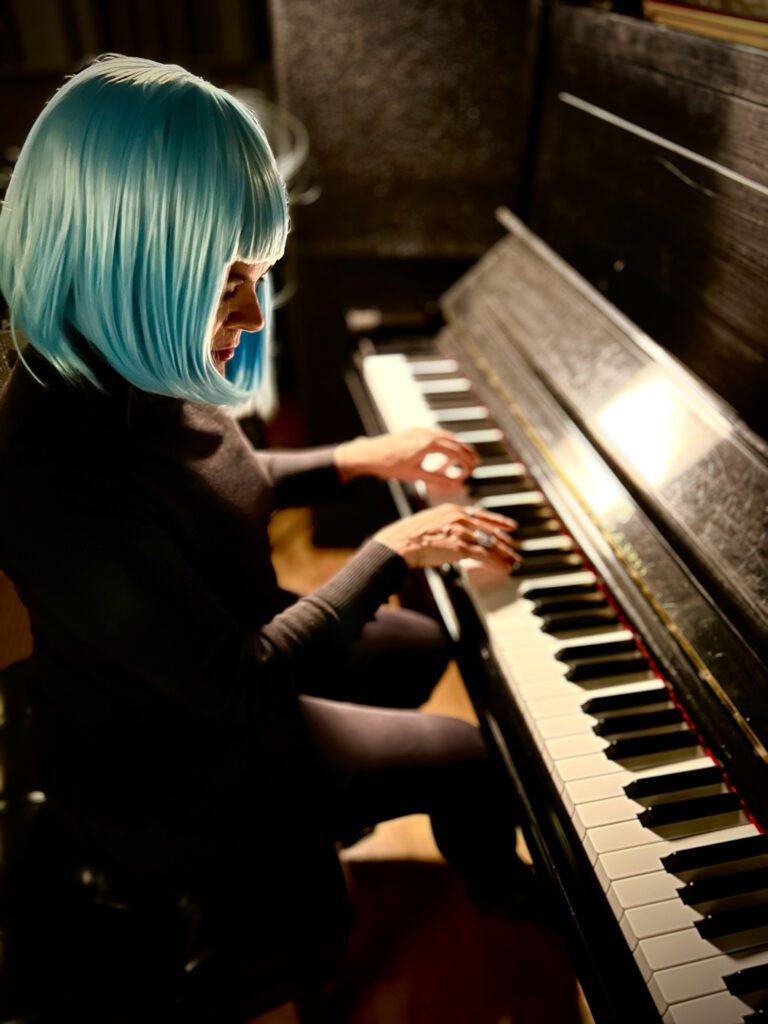
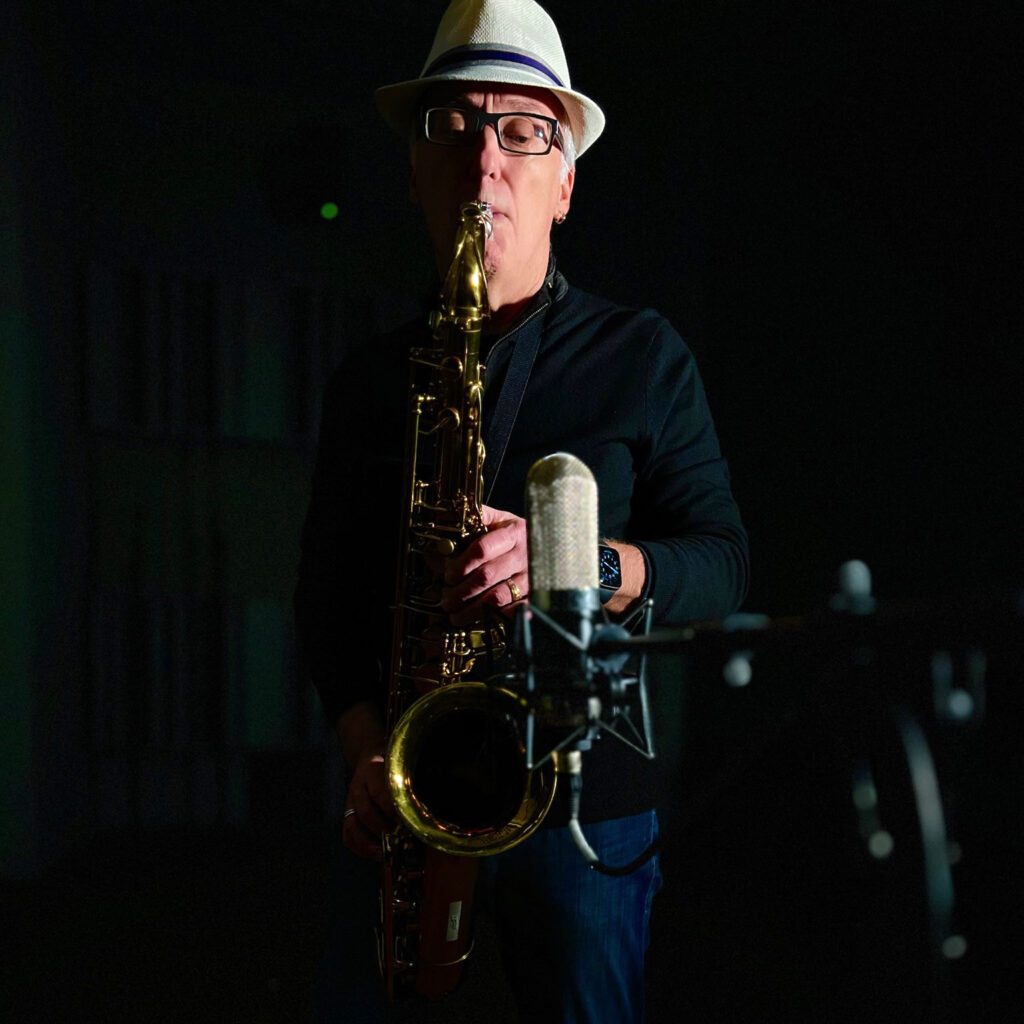
In the case of “No Common Ground,” the partnership was very fluid. Once we figured out the basic groove, we each did our part. I laid down the keyboard part, then Butch added bass and drums. After that, I recorded the main vocals, and Butch added guitars and finally the all-important sax riffs that make the hook so groovy. Then we went back and worked more on the vocals. We did an extreme tuning of the verses to bring out the inner melody of the spoken words, and I went ahead and learned that melody, too (why not?), which Butch recorded and mixed into the tuned vocals to create an uncanny effect—people can’t quite identify the sound. Then I recorded more background vocals, and Butch laid down his big sax solo at the end, which speaks for itself…..It’s like a cry for change that completes the song.
You mentioned that “No Common Ground” was a catalyst for your upcoming album. What can fans expect from the full album? How does the album as a whole reflect your musical and personal journeys?
Yes, “No Common Ground” was the first song we recorded to kick off the project, and the initial response to it inspired us to keep going. It’s one of ten songs on our upcoming album, called “Blue.” The album tells stories of loving and losing—of what happens when the feelings and passions that motivate your life seem to disappear. The themes are both personal and universal, based on our own experiences and those of people we have known and loved. As a whole, the songs work together to tell a larger story about trust, betrayal, revenge, resilience, and ultimately redemption.
Chalumeau blends different styles and themes throughout the album. How has your sound evolved since you first began working together, and how do you see this new project reflecting that growth?
Yes, we think different musical styles should be part of every songwriter’s toolkit. Style is connected to substance — to what you’re trying to say. For this reason, the ten songs of “Blue” explore a fairly wide range of styles and genres that speak to the specific meaning and content of each song. I think this stylistic breadth is one of the ways in which our sound has evolved in the time since we first started working together. It reflects and celebrates our particular musical histories.
How did you both come together to form Chalumeau?
The Chalumeau project has evolved more directly from our history of teaching songwriting together. After producing many albums of student work in recent years, we decided to focus our creative energy on a project of our own.
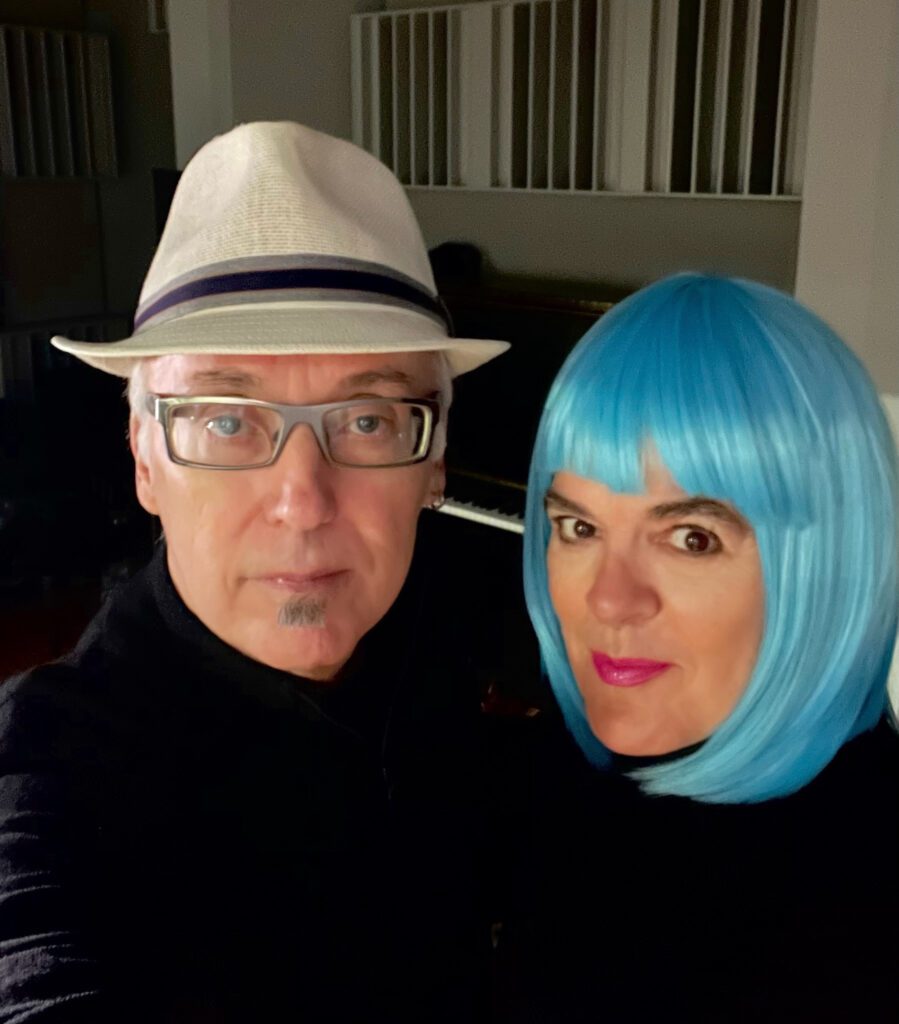
What musical influences have shaped your sound? Are there any artists or genres that have particularly inspired your style and approach to songwriting?
We both have backgrounds in classical music, non-western music, blues, jazz, and popular music—both as writers and performers. Butch started as a reed player then as a jazz arranger and fronted more than one rock band as a guitarist and singer during his time in the L.A. music scene. He has also worked in the music software space and even builds his own electronic instruments. Ultimately, we both ended up getting advanced degrees in music—myself in musicology and Butch in composition and computer music. This is actually how we met and started working together.
Stylistically, we are musical omnivores. But I am passionate about singing. I am obsessed with great singers of every era and genre, like Maria Callas, Ella Fitzgerald, Aretha Franklin, Cathy Berberian, Rosanne Cash, Sarah Bareilles, Adele, Bettye LaVette, Dawn Upshaw, Greg Brown, and Ray Charles—the list goes on and on. These are people who put their whole body and soul into a song. They are also artists who place a lot of emphasis on the expressive dimensions of the singing voice, on diction, and on the color of sung words. It’s that ethos that has shaped my own approach to singing and songwriting.
You both teach at Brown University in addition to making music. How do your roles as educators influence your music, and vice versa? Do you find that teaching and performing inform each other?
Teaching and performing absolutely inform each other. We have often written new songs based on the prompts that we give to our students. But the most compelling thing is just how much you yourself learn in the classroom: it’s not just the opportunity to think deeply about music or to listen to songs and songwriters you’ve never heard before, but also the experience—the truth—of students sharing their lives with one another so openly. This is what inspires us to be even more honest and authentic in our own writing.
How do you see Chalumeau fitting into today’s music industry? Are there any trends or shifts in the music scene that excite you?
We love the fact that, today, people listen to all kinds of genres and artists at the same time. They don’t limit themselves to just one thing. We see this, especially with our students. That means that artists, too, shouldn’t have to be pinned down. They can be free to explore the many different sides of their musical personalities. It’s this kind of artistic freedom, honesty, and exploration that we are excited to pursue with Chalumeau. Just wait until you hear our next single!
Listen to “No Common Ground” below:
